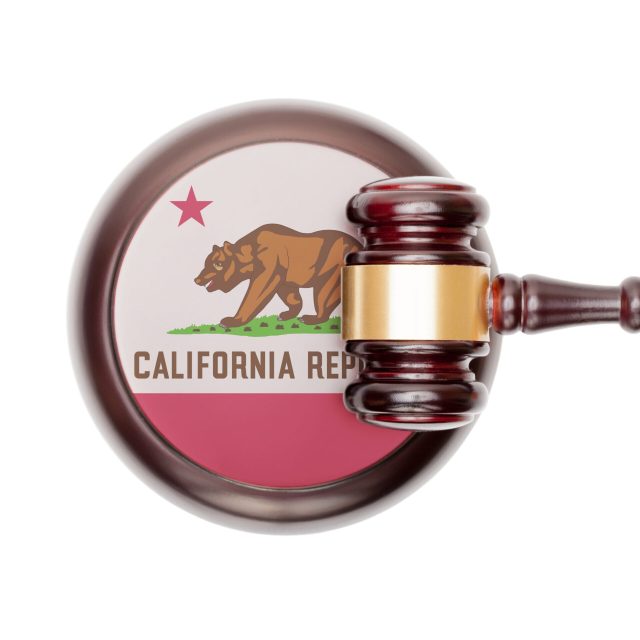Course Summary
Practice Level: Intermediate
This course provides a review of professional ethics and California-specific laws, which play an important role in the daily lives of psychologists. There are two sources of information used to direct California psychologists in maintaining ethical and legal integrity – the American Psychological Association (APA; 2017) Ethical Principles of Psychologists and Code of Conduct and the California Board of Psychology Laws and Regulations Relating to the Practice of Psychology (2021). The APA’s Ethical Principles of Psychologists and Code of Conduct sets forth the core values of the profession of psychology, which consists of two central aspects: a set of ethical principles and a code of conduct. The California Board of Psychology Laws and Regulations Relating to the Practice of Psychology (2021) was developed to outline the important ethical and legal considerations related to the practice of psychology. This learning material is designed to meet the relicensure requirement for psychologists to keep abreast of current California laws and ethics directing the practice of psychology in their state.
Course Format
This course contains downloadable online lessons (PDF) and a post test. When you’re ready, purchase the test by clicking the “Add To Cart” button. This will let you take the test and receive your certificate for CE credits.
Learning Objectives
- Describe the ethical and legal considerations related to competence, including emotional and cultural competence, competency in the provision of telehealth, and informed consent
- Identify legal and ethical considerations related to confidentiality and privilege.
- Explain the psychologist’s role in mandatory reporting of child and elder abuse.
Course Syllabus
- INTRODUCTION
- COMPETENCE
- Emotional Competence
- Cultural Competence
- Competency in the Provision of Telehealth
- Psychopharmacology
- INFORMED CONSENT
- CONFIDENTIALITY
- Minors and Confidentiality
- Privilege
- MANDATED REPORTING
- Child Abuse Definition
- Child Abuse Laws
- Mandatory Reporting of Child Abuse
- Elder Abuse Definitions and Laws
- Mandatory Reporting of Elder Abuse
- Failure to Report and Good Faith Reporting
- OTHER CALIFORNIA LAW AND ETHICS CONSIDERATIONS
- Patient Records
- Unprofessional Conduct
Authors
Heidi Dalzell, Psy.D.
Heidi Dalzell, Psy.D. is a psychologist in private practice specializing in eating disorders, as well as dual addictions, trauma, domestic violence and depression. She conducts individual and couples therapy with adolescent and adult clients. In addition to authoring numerous mental health courses she frequently blogs and writes newspaper articles about mental health topics.
Accreditation Approval Statements
CE4Less.com is approved by the American Psychological Association to sponsor continuing education for psychologists. CE4Less.com maintains responsibility for this program and its content.
Courses have been approved by CE4Less.com, as a NAADAC Approved Education Provider, for educational credits. NAADAC Provider #91345 CE4Less.com is responsible for all aspects of the programming.
We are committed to providing our learners with unbiased information. CE4Less never accepts commercial support and our authors have no significant financial or other conflicts of interest pertaining to the material.

